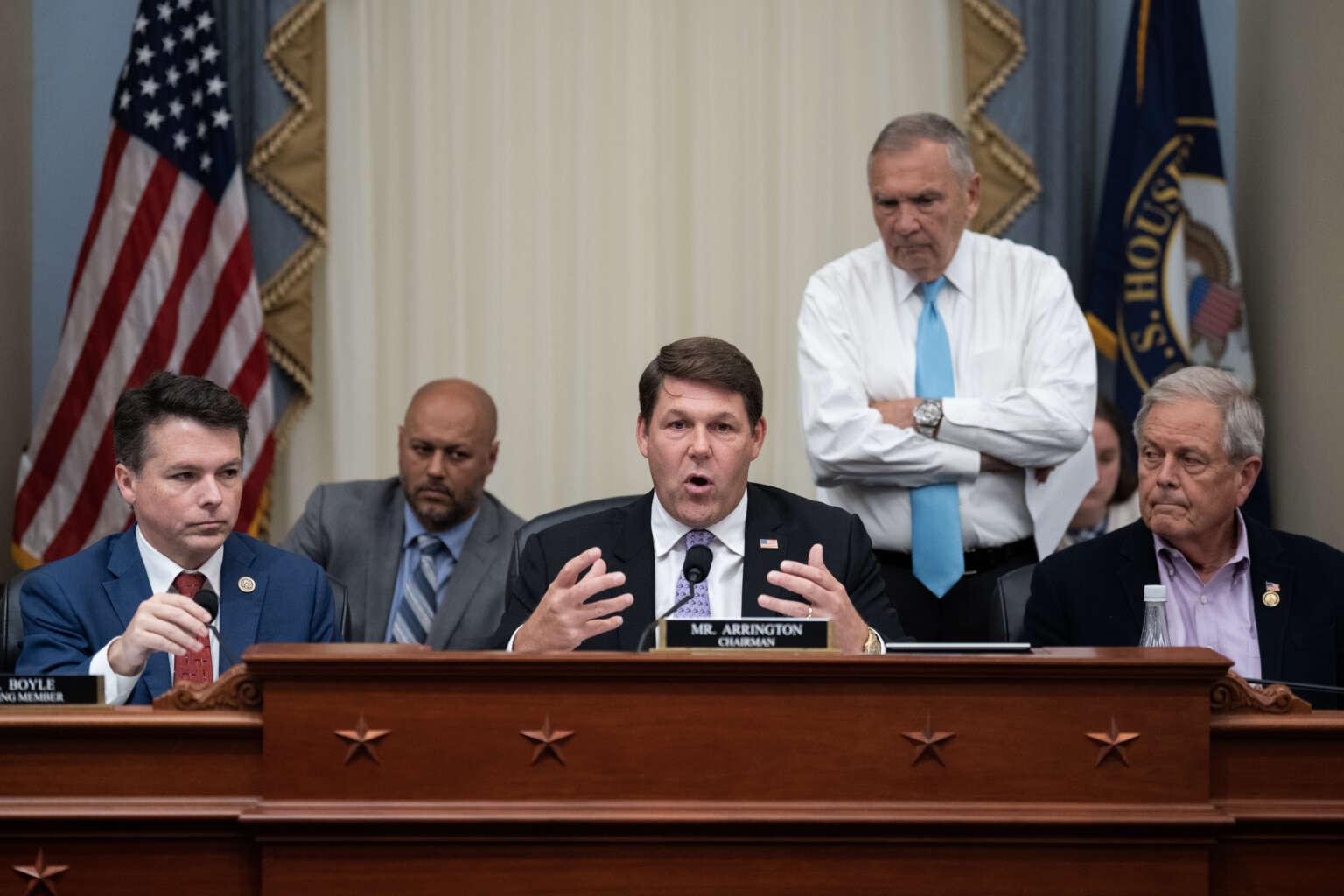
"The final vote on Sunday was 17-16, with the four Republicans who voted against the bill on Friday switching their votes to 'present,' allowing the legislation to clear the committee."
"Rep. Ralph Norman of South Carolina, one of the Republicans who switched his vote, said during Sunday's hearing that he is 'excited about the changes we've made' - prompting Democratic committee members to ask, 'What changes?'"
"Democratic Rep. Stacey Plaskett said, 'Do not be fooled. The 'no' votes from certain Republicans on Friday were because the cuts were not fast or deep enough. In the back room, Republicans agreed to deeper and especially faster cuts to programs.'"
"Rep. Chip Roy (R-Texas) wrote in a social media post after joining Norman in voting 'present' that 'after a great deal of work and engagement over the previous weeks, we were able to come to an agreement on the budget that better aligns with our fiscal goals.'"
Amidst internal divisions, Republicans succeeded in passing their reconciliation bill through the House Budget Committee after making concessions to hardline members. This included a push for hastened Medicaid cuts, with the vote narrowly passing 17-16. Some Republican members initially opposed the bill, citing insufficient cuts to healthcare programs, leading to negotiations resulting in deeper reductions. Democrats criticized the process, alleging that these decisions were made in secret without proper representation of public interest, indicating a growing rift within the party regarding healthcare-related budget cuts.
Read at Truthout
Unable to calculate read time
Collection
[
|
...
]